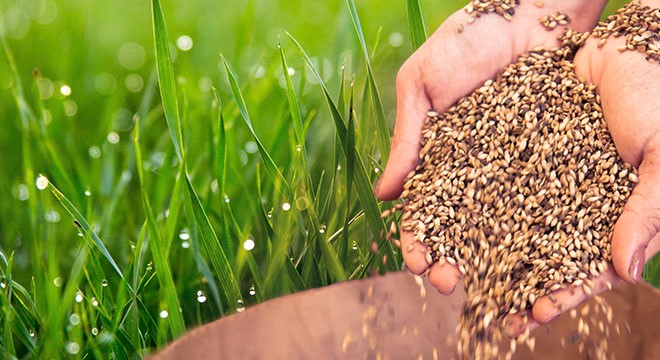Nós usamos cookies
Este site usa cookies para aprimorar sua experiência de navegação.

The establishment of tropical pastures is a decisive stage for the productivity and profitability of any livestock system. However, when failures occur in seedling emergence, it is important to understand a key technical point: in many cases, a total failure is preferable to a partial success.
Total failure: occurs when there is no seed emergence. In this scenario, the producer usually reacts quickly, re-preparing the soil and carrying out a new sowing. Although this implies additional costs, it allows the pasture establishment schedule to resume with better chances of success.
Partial success: characterized by irregular and deficient seedling emergence. This situation often generates indecision. Many producers expect natural reseeding to fill in the gaps, but this rarely occurs effectively.
Low viability of natural reseeding
Seeds produced by the few emerged plants often have low viability, making it difficult to effectively colonize empty spaces.
Reduction in forage quality
Allowing plants to advance to their reproductive cycle compromises nutritional value, as energy is directed to seed production instead of vegetative growth.
Delay in pasture use
The time required for the pasture to become suitable for grazing is significantly extended, delaying return on investment and reducing system profitability.
From a technical and economic perspective, total failure allows for immediate correction, while partial success creates uncertainty and late decisions that negatively impact productivity and long-term performance.
At SGM Seeds, we are committed to delivering high-quality forage seeds with superior vigor, purity, and genetic traceability, combined with the technical support needed to ensure efficient and sustainable pasture establishment.
SGM Seeds – Nurturing fields, cultivating the future.
Este site usa cookies para aprimorar sua experiência de navegação.